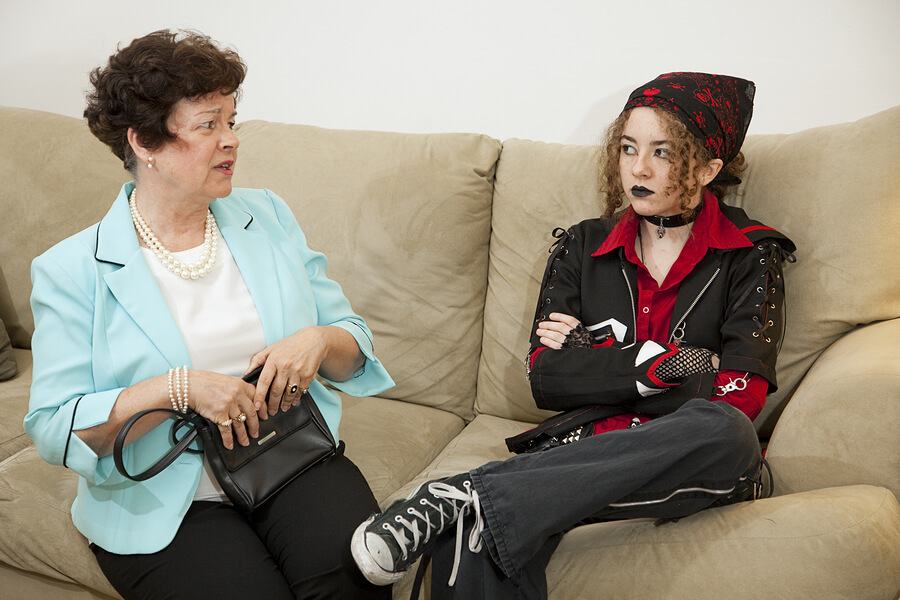When most parents think about addictions, they immediately think of drug addiction, alcohol addiction or even porn addiction. However, one of the fastest-growing types of addiction is teen internet addiction, also known as online or gaming addiction. Parents have good reason to worry about internet addiction, because teens are especially at risk for developing it.
What Is Internet Addiction?
It’s normal for teenagers to be into gaming, technology and online entertainment and it may seem that an extremely enthusiastic teenage gamer may have some kind of addiction. But in most cases, a true teen internet addiction is considered to be when gaming and online interaction interferes with a teenager’s normal activities and behaviors. For example, putting off homework to play video games is not an internet addiction, but cutting classes or work shifts day after day to play can be.
This behavioral disorder is often closely linked with other conditions that teens may suffer with, like social anxiety, depression or ADD/ADHD. It’s a compulsive behavior that results in the teens’ inability to control, moderate or even stop regular internet activities. Similar compulsive behaviors, like gambling or binge eating, happen when a person seeks out positive brain stimulation via endorphins.
These pleasure hormones flood the body with good feelings, and encourages the person to recreate the feeling again and again. When this compulsive behavior centers on technology, entertainment and gaming, it is termed internet addiction.
What Are Some Internet Addiction Symptoms?
Figuring out the difference between a teen’s gaming obsession and a true addiction is tricky for parents to do. Experts have analyzed this new form of compulsive behavior and have come up with several teen internet addiction that parents can use to determine whether they simply need to set up stronger boundaries or if their teenager truly needs professional help.
Here are 8 symptoms of teen internet addiction:
- Most of the time is spent online and gaming
- Choosing online activities over hobbies and friends
- Lower grades and lack of interest in school
- Constantly talking about games, technology and gaming experiences
- Irritability, frustration and moodiness when not online
- Lack of interest in food, sleep or hygiene
- Eye strain, headaches, neck pain, and wrist/hand pain
- Lying and sneaking around about online activities and time spent on gaming
By paying attention to their teenager’s gaming habits, parents will be better able to determine when their teen’s internet activity is too much. When teenagers exhibit some or most of these internet addiction symptoms over several months, parents should consider getting a professional evaluation for possible compulsive behavior and internet addiction from a qualified professional like a therapist or counselor.
Can Teen Internet Addiction Be Treated?
The good news is that internet addiction can be treated, and an experienced professional will be able to work with teens and get to the root of the problem. Remember that compulsive behavior is often the result of deeper issues, and a good therapist will help guide the teen toward health and healing.
In extreme cases, a therapist may recommend that the teen attend a teen help facility where there is a supportive and nurturing environment removed from the current home full of bad habits, There, teens participate in individual therapy, group therapy, recreational therapy and replace gaming with other hobbies and activities.
Parents can work on setting limits for online and internet use within the home by working out a schedule with the teen about when and how long it is appropriate to play. Examples include imposing time limits, restricting use to reasonable times of the day and even removing gaming devices as a consequence for breaking house rules.
When parents set up fair and careful monitoring and boundaries within the home, teens can develop a healthy relationship with online devices and gaming, and retain the ability to moderate their own use.











0 Comments